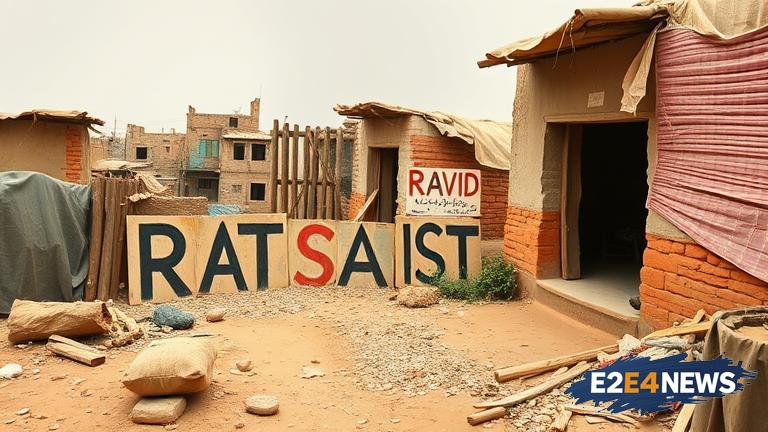Pakistan has successfully reduced poverty and inequality in recent years, with the country’s poverty rate declining significantly. According to various reports, the poverty rate in Pakistan has decreased from 64.3% in 2001-02 to 24.3% in 2015-16. This reduction is attributed to several factors, including the government’s efforts to implement policies and programs aimed at reducing poverty and inequality. The Benazir Income Support Program (BISP) is one such initiative that has played a crucial role in reducing poverty. The program provides financial assistance to poor families, helping them to meet their basic needs. Additionally, the government has implemented various other initiatives, such as the Prime Minister’s Youth Program and the Pakistan Poverty Alleviation Fund, which have also contributed to the reduction in poverty. The country has also made significant progress in reducing income inequality, with the Gini coefficient declining from 0.41 in 2001-02 to 0.36 in 2015-16. This reduction in income inequality is attributed to the government’s efforts to increase access to education and healthcare, as well as its initiatives to promote economic growth and job creation. The government has also implemented policies aimed at increasing the minimum wage and improving working conditions, which have helped to reduce income inequality. Furthermore, the country has made significant progress in reducing multidimensional poverty, which takes into account various factors such as education, healthcare, and living standards. According to the Multidimensional Poverty Index (MPI), Pakistan has reduced its MPI from 0.292 in 2004-05 to 0.198 in 2014-15. This reduction is attributed to the government’s efforts to improve access to education and healthcare, as well as its initiatives to promote economic growth and job creation. The government has also implemented policies aimed at increasing access to clean water and sanitation, which have helped to reduce multidimensional poverty. The reduction in poverty and inequality in Pakistan is also attributed to the country’s growing economy, which has created new job opportunities and increased economic growth. The government has implemented various policies aimed at promoting economic growth, such as the China-Pakistan Economic Corridor (CPEC), which has helped to increase investment and create new job opportunities. Additionally, the government has implemented policies aimed at increasing access to finance, which have helped to promote entrepreneurship and job creation. The reduction in poverty and inequality in Pakistan is a significant achievement, and the government’s efforts to promote economic growth and job creation are expected to continue to contribute to this success. However, despite this progress, poverty and inequality remain significant challenges in Pakistan, and the government must continue to implement policies and programs aimed at addressing these issues. The government must also continue to increase access to education and healthcare, as well as promote economic growth and job creation, in order to sustain this progress. Furthermore, the government must address the root causes of poverty and inequality, such as lack of access to education and healthcare, and limited economic opportunities. By addressing these challenges, the government can help to ensure that the reduction in poverty and inequality is sustained and that all citizens have access to the opportunities and resources they need to thrive. The international community has also recognized Pakistan’s progress in reducing poverty and inequality, with various organizations such as the World Bank and the United Nations praising the country’s efforts. The World Bank has noted that Pakistan has made significant progress in reducing poverty, and that the country’s poverty rate is expected to continue to decline in the coming years. The United Nations has also praised Pakistan’s efforts to reduce poverty and inequality, noting that the country has made significant progress in achieving the Sustainable Development Goals (SDGs). Overall, Pakistan’s success in reducing poverty and inequality is a significant achievement, and the government’s efforts to promote economic growth and job creation are expected to continue to contribute to this success.
